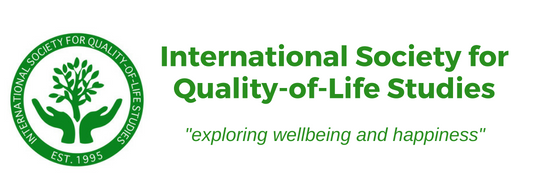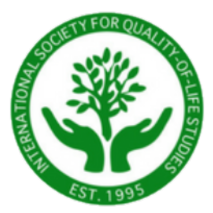ISQOLS ONLINE EVENTS
ISQOLS offers a dynamic program of online events designed to connect researchers, practitioners, and the broader community interested in quality-of-life, happiness, and well-being studies. These events provide engaging opportunities to share knowledge, foster dialogue, and translate research into practice.Webinars |
|
Workshops
ISQOLS workshops are more practice-oriented, focusing on how research can be applied in real-world contexts. An example is our Practitioners Perspectives series, which bridges the gap between theory and practice by inviting professionals from diverse fields to share their experiences and applications of well-being and quality-of-life research. These sessions empower participants to think critically about implementation and innovation beyond academia.
Whether you’re a researcher, student, practitioner, or simply curious about the science of well-being, ISQOLS Online Events are an accessible and engaging way to stay connected and inspired.
Interested in presenting in a webinar or workshop, or have questions? Contact us at office@isqols.org.
Upcoming ISQOLS Online Webinars & Workshops
Visit our Events Page to learn more |
Past Webinars
Visit our ISQOLS Youtube Channel to view our webinars playlist:

.png)
